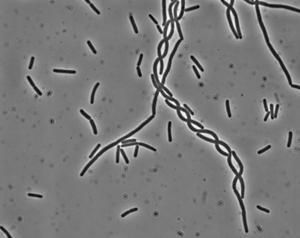Development of a common approach and plan to self-sustainability further to a mapping of current governance, IPR and costing policies of the BRCs
-
End users (researchers, SMEs and large industrials) will be provided with a coherent and consistent service no matter which BRC they approach in terms of the quality of the resources provided, the procedures for strain deposit and preservation and IPR policies.
-
Collections and users will benefit from the EMbaRC know–how and be involved in the development of a self-sustainable plan for BRCs to ensure their future existence.
-
Collections will benefit from the research outcomes:
-
To improve current preservation protocols to increase recovery rates and extend the shelf-life of preserved material for which conventional methods give low results
-
To develop harmonized techniques for DNA banks of cultured and as yet uncultured microbes and a method for long-term genomic DNA storage from authenticated biological materials
- To improve current approaches and develop new approaches in the classification and identification of microorganisms, more precisely :
- develop new molecular markers for procaryotic and eucaryotic species identification
- develop MALDI TOF for prokaryotic species identification
- create database for eukaryotic species
- develop high throughput methods to select new phylogenetic tools for the future, for bacteria and filamentous fungi

Bacillus subtilis (mutant) (c)INRA
|